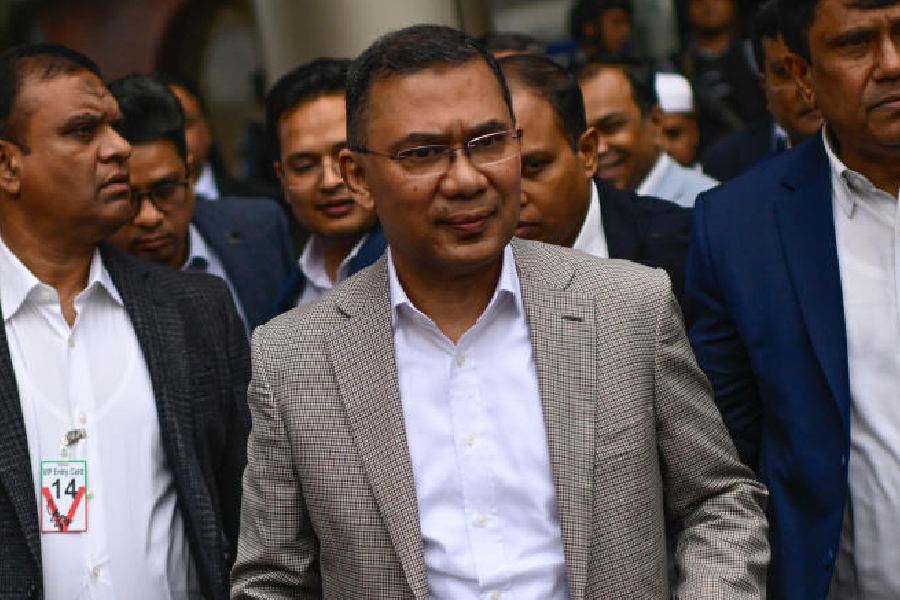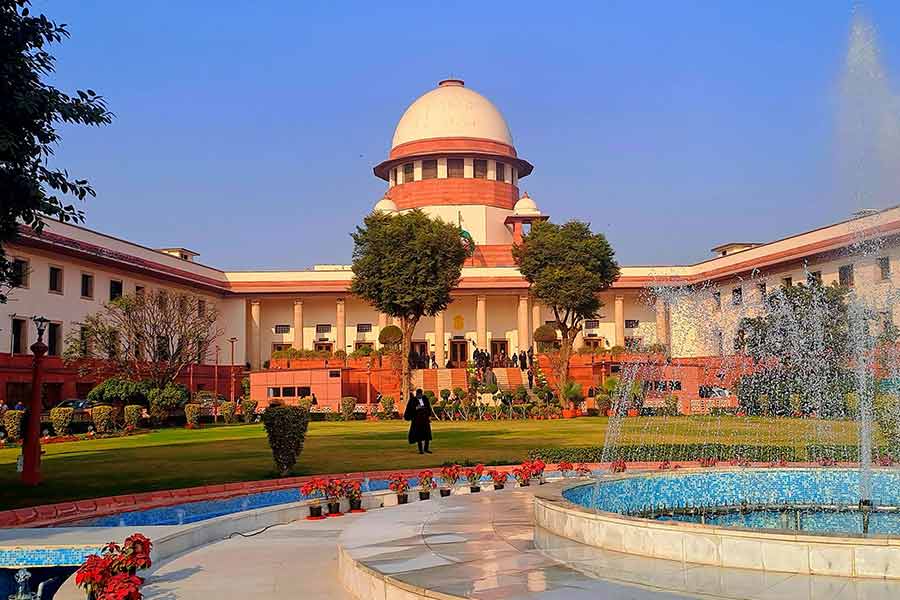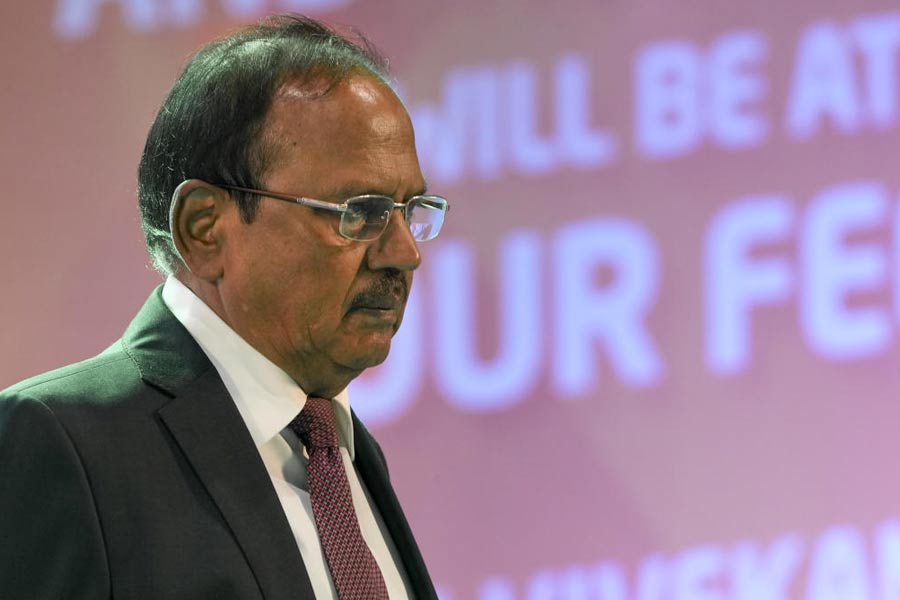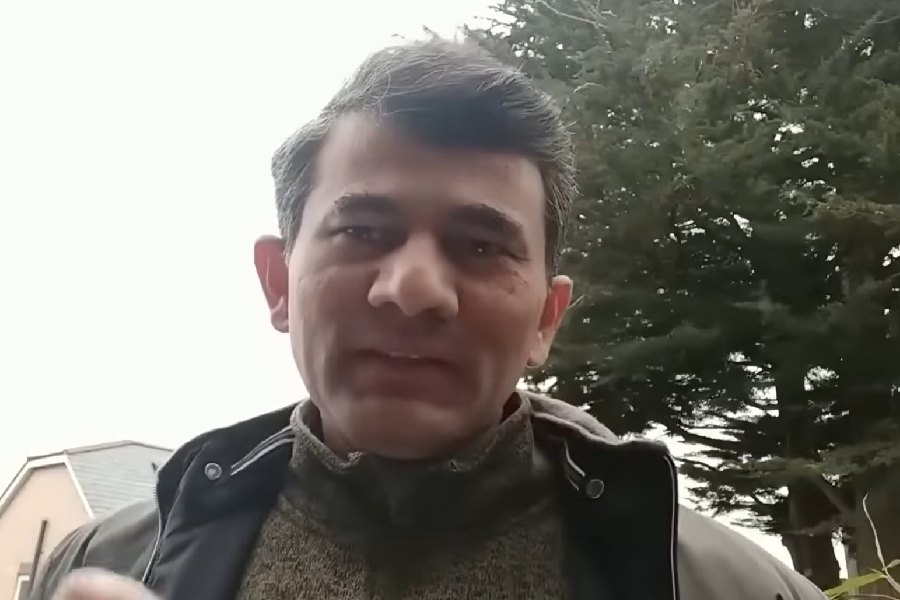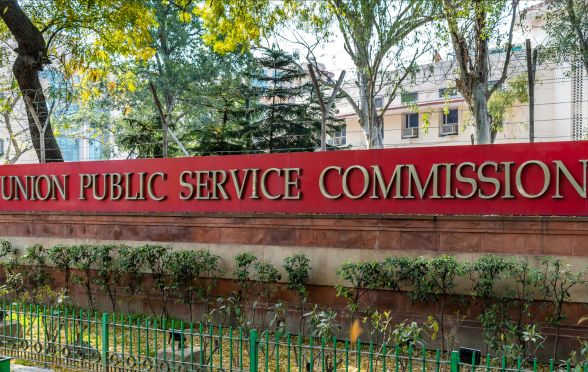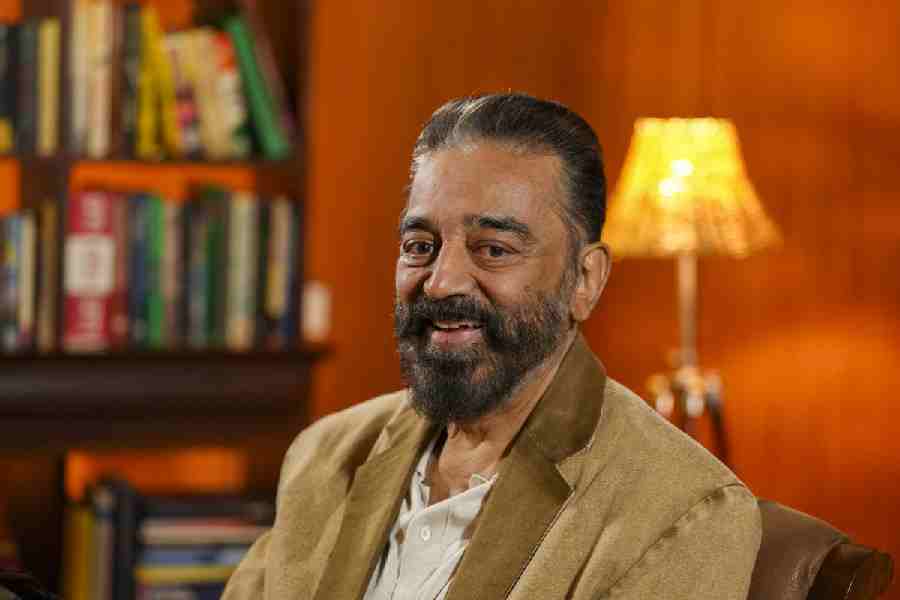New Delhi: A Calcutta-based company has offered to help clocks across the country synchronise themselves precisely with the time generated by the National Physical Laboratory (NPL), a government centre designated as India's official measurements institution and time-keeper 62 years ago.
The New Delhi-based NPL and IFR Information Dissemination Services, Calcutta, on Wednesday signed a pact that both organisations are hoping will allow banks, electricity grids, railways, stock exchanges, among other agencies, and even personal computers to align themselves with NPL-generated time, also known as Indian Standard Time.
The company proposes to build two 800-metre towers - one in Madhya Pradesh and the other in Telangana - to disseminate the time signals to electronically controlled clocks across the country through a long wave radio frequency with a radius of reach of 1,000km.
The proposal, NPL scientists and project proponents say, is motivated by long-standing concerns that most clocks in India, including those embedded in computers, currently rely on time generated by the US National Institute of Standards and Technology (NIST).
"Synchronised clocks will yield huge economic and other benefits," said Dinesh Aswal, NPL director.
The benefits could span multiple applications - from railway reservations across the country to efficient power distribution across electricity grids to coordination of street and traffic lights.
The NPL was designated as India's official institution to maintain key measures, including time, in 1956. Its time signal, generated through atomic clocks, is available on its website.
Although the NPL already disseminates its time signal to key strategic user agencies, including the Indian Space Research Organisation, the Indian Air Force and Parliament, other agencies rely on NIST time.
As a result, Aswal said, clocks in desktop computers across India may be faster and slower than NPL time by seconds to over a minute.
"The non-uniformity of time across different systems can also obstruct cybercrime investigations because time stamps on two computers may not match," Aswal said.
"Out-of-alignment clocks may have little impact on personal computers, but become important in critical areas such as finance, stock exchange management, or railway reservations," said Pawan Kasera, IFR's director, who studied economics and has worked in the telecommunications sector.
The IFR is obtaining the long wave radio wireless dissemination technology from EFR, a German company that has been operating such a system for over 20 years providing time signals to countries across Europe.
Long wave radio is used to disseminate time signals by China, Germany, Japan, the UK and the US, Kasera said. The time signals will be relayed to built-in electronic chips in clocks. IFR estimates that the establishment of the towers will cost about 25 million Euros.
The precise commercial terms through which IFR will distribute the NPL time signals have yet to be worked out. "The MOU we signed today is the first step after years of planning," Kasera said.
The project will require approval from multiple government agencies, including the departments of telecommunications and defence.


